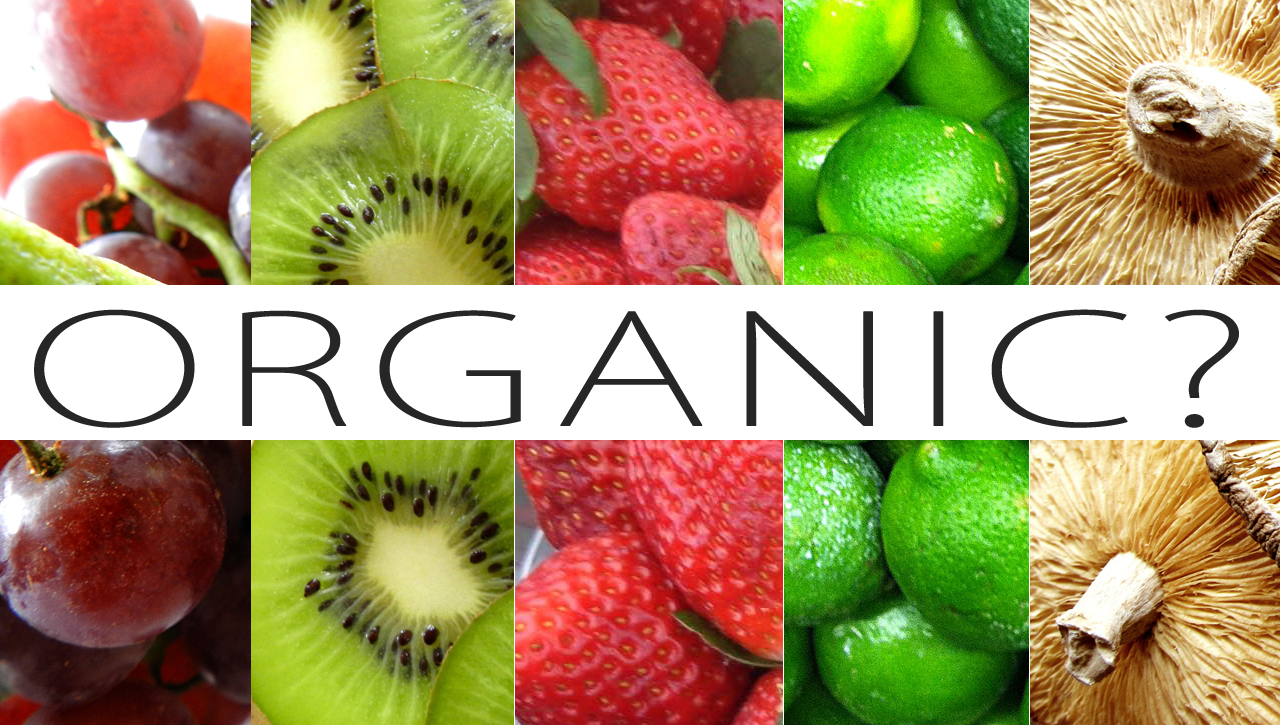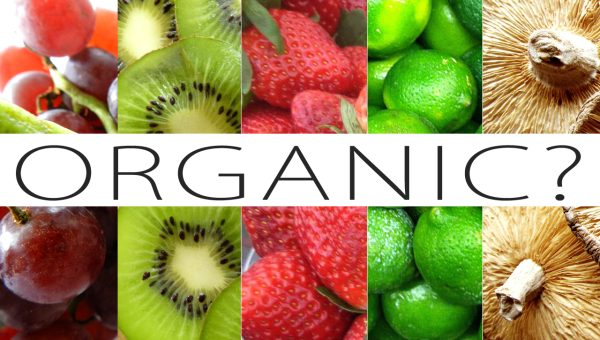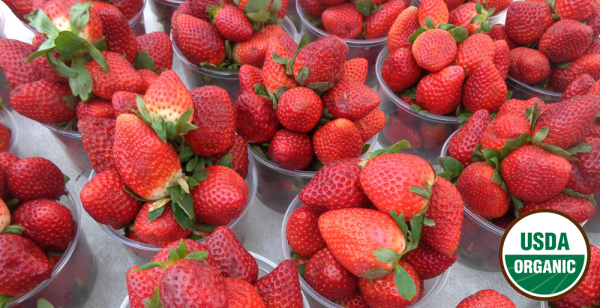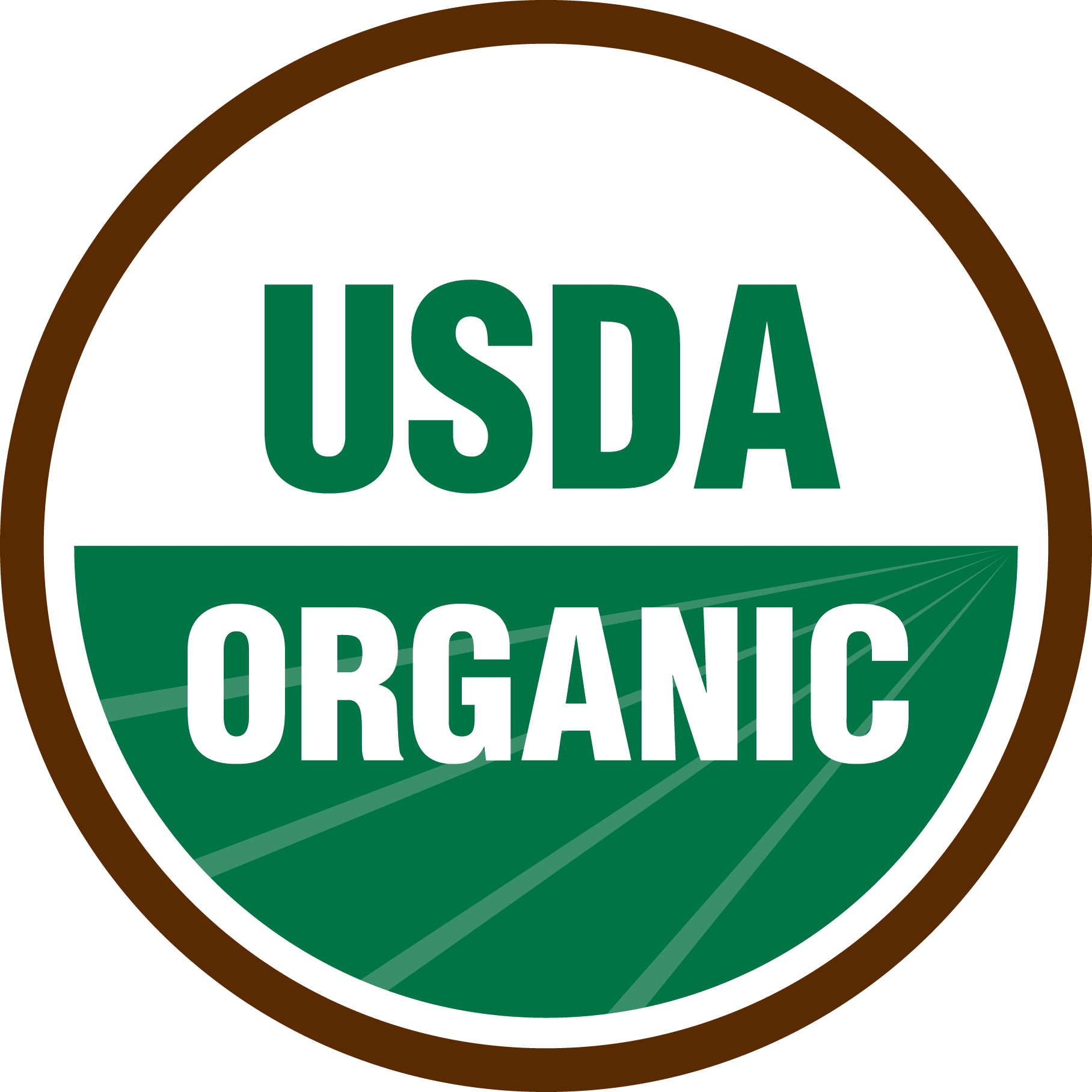
What Does Organic Mean?

It’s become common to see certain words tossed around in advertisements and on product packaging.
Things like “natural”, “good for you”, “fresh”, “non-gmo” and “organic” are strewn across everything from cereal to soup to soap. Companies want to be a part of the $35 billion U.S. organic retail market so much effort is given to convincing you, the consumer, to spend your money on the perceived health benefits of organic products. Large words printed in green ink and cornucopias spilling color-enhanced fruit are used to draw your eye in hopes of causing you to select one product over the next. Seals that were relegated to the lower back of a box in a size only an ant could read now take up prime real estate across the front of a larger percentage of packages.
It’s a swift, amazing, impressive, and welcomed transition to witness but, as you walk through the grocery store this week how do you know what any of this means?
For example, what in the world does “organic” even mean?
Is it just a ploy to charge you $2 more for your box of cereal or will it actually affect your health and well-being?
Simply stated, when you see the word “organic” on packaging the manufacturer is implying that they did not use any chemicals while creating their product.
If that’s the case, what does “USDA Certified Organic” mean?
“USDA Certified Organic” means “United States Department of Agriculture Certified Organic”. For the past 14 years farmers, ranchers and food processors have been able to apply to be USDA Certified Organic by avoiding most synthetic materials, such as pesticides and antibiotics and preserving the environment. The Organic Foods Production Act of 1990 describes general organic principles and the USDA defines the standards that uphold those principles. These standards include farm to table and everything in between.
USDA Certified Organic farmers, ranchers, and food processors meet the following criteria:
- They preserve natural resources and biodiversity
- They support animal health and welfare
- They provide animals access to the outdoors so they can exercise their natural behaviors
- They only use approved materials
- They do not use genetically modified ingredients
- They receive annual onsite inspections
- and they separate organic food from non-organic food
The Certified USDA Organic seal ensures that the entire product contains 95 percent or more certified organic content throughout the entire supply chain. This means no irradiation, no sewage sludge, no synthetic fertilizers, no prohibited pesticides, no genetically modified organisms, no antibiotics, no growth hormones, 100% organic feed to livestock who have access to the outdoors, specific soil and water conservation methods and reduced pollution. Over 3,000 high-risk toxins used in conventional (non-organic) farming, including pesticides, are excluded from organic produce in the United States.Center for Disease Control data analysis reveals that 100 percent of blood and urine tests from all subjects consuming conventional produce and food products showed pesticide residues and when switched to a organic diet those levels dropped significantly.
Great but can a product be labeled “organic” without being certified?
Unlike the word “natural” that is unregulated, uncertified and can mean absolutely nothing, if a product is labeled organic, even without the USDA organic seal, it or its ingredients are most likely organic. I say “most likely ” because there are some exemptions to this rule. If the product is not certified, the farm, ranch or food producer must not make any organic claim on the principal display panel or use the USDA organic seal anywhere on the package. They may, however, identify their certified organic ingredients and the percentage of organic ingredients on the information panel.

So there you have it. Organic basically means “chemical free” in layman’s terms.
I grew up in the Virgin Islands eating majority what I’ve since learned could have been labeled organic produce. Since I moved to the mainland U.S. at age 17 I have developed a myriad of food sensitivities too numerous to name. For the past year, I’ve found myself purchasing products with the USDA Organic seal over conventional products and, combined with other changes, have seen a huge improvement in my health, feeling of well-being and overall quality of life.
I hope this post helped simplify the idea of “organic” foods for you. If you need more detail information check out the USDA Organic Agriculture page.






